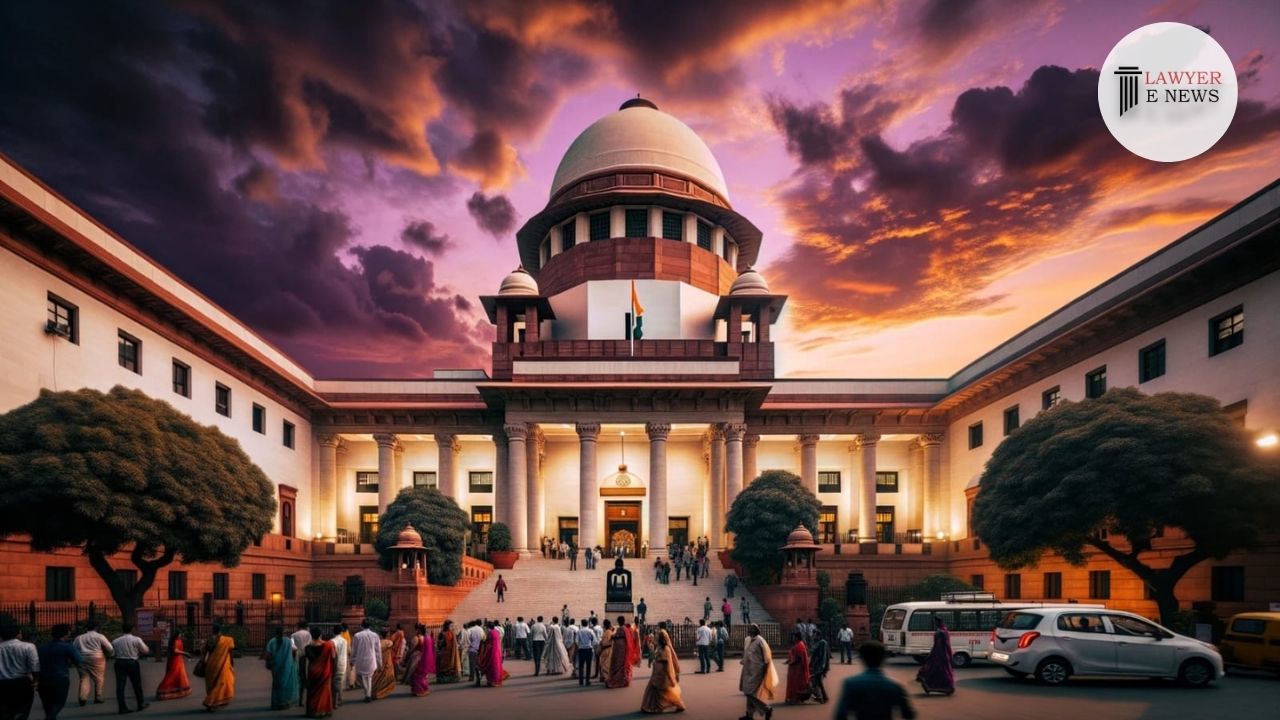-
by Admin
15 February 2026 2:36 AM



In a significant ruling today, the Supreme Court delivered a landmark judgment upholding the validity of Power Purchase Agreements (PPAs) entered into by power companies and rejecting allegations of coercion and unequal bargaining power. The judgment, delivered by a bench comprising Justice Sanjay Kishan Kaul, Justice S. Ravindra Bhat, and Justice M. M. Sundresh, provides crucial clarity on the applicability of amendments to pre-existing contracts in the electricity sector.
The Supreme Court categorically stated, "The PPAs entered into by the parties before the Second Amendment to the Renewable Energy Certificate (REC) Regulations were not affected by its terms." The court further emphasized that the respondents' claims of coercion lacked evidence and specific details, and criticized the Appellate Tribunal for failing to provide proper reasoning in endorsing such findings.
Under the REC Mechanism, power companies sold electricity to distribution licensees at a mutually agreed price, not exceeding the Average Power Purchase Cost (APPC) of the DISCOMs. The companies also benefited from the trading of Renewable Energy Certificates (RECs) in the Power Exchange, which provided additional revenues. The respondents argued that the PPAs they had entered into were less advantageous than the preferential tariff determined by the state commission.
Justice Kaul clarified, "Unless any later amendment expressly overrides existing contracts, the terms of such agreements bind the parties." The court emphasized that PPAs were the result of voluntary negotiations between parties with equal bargaining power and within the framework of existing regulations.
The judgment, setting aside the concurrent findings and orders of the State Commission and the Appellate Tribunal, concluded, "The appeals are allowed, with costs payable to the appellants."
Date of Decision: April 13, 2023
GUJARAT URJA VIKAS NIGAM LIMITED & ORS. vs RENEW WIND ENERGY
